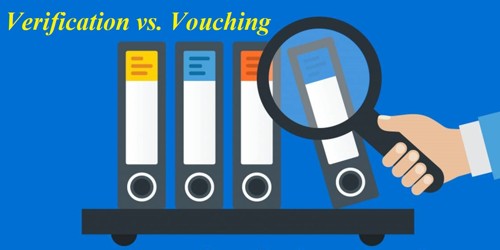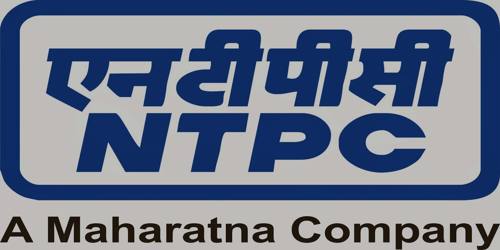Common dissimilarities between Verification and Vouching
Verification is made on the basis of vouching. So, verification is a part of vouching. Verification means “to validate” the assets and liabilities of the business. Valuation is made all over the year but verification is made at the end of the year. Both the two terms are the first two steps of Auditing, in fact vouching helps in the procedure of verification.
Even though they have some differences which are as follows:
- Meaning
Verification is the act of checking title, possession, and valuation of assets but vouching is the act of checking the records with the help of evidential documents. Verification means a procedure to authenticate the soundness of assets and liabilities appearing in the Balance Sheet. Vouching means checking the correctness of the transactions recorded in the books of accounts.
- Objective
The vouching objective is to inspect the rightness, legality, and comprehensiveness of the transactions. Verification objective is to corroborate the ownership, custody, subsistence, assessment, and disclosure of the items appearing on the Balance Sheet.
- Nature
Verification is specially related to the assets and liabilities but vouching is related to all the accounting documents. Vouching considers incomes and expenses. As opposed to Verification, this is done for assets and liabilities.
- Person
Generally, assistant staff or auditor performs the work of vouching but auditor himself performs the work of verification. Checking of vouching is checking of receipts, bank statements, and vouchers of the business firm. Checking of verification is checking of balance sheet
- Source
Vouching is done on the source of documentary confirmation i.e. vouchers, invoices, bills or statements. On the other hand, thorough analysis and documentary evidence are the pre-requisite of Verification.
- Time
Vouching is made at the beginning of auditing but verification is made at the end of auditing or at the time of checking balance sheet.
Information Source:
















